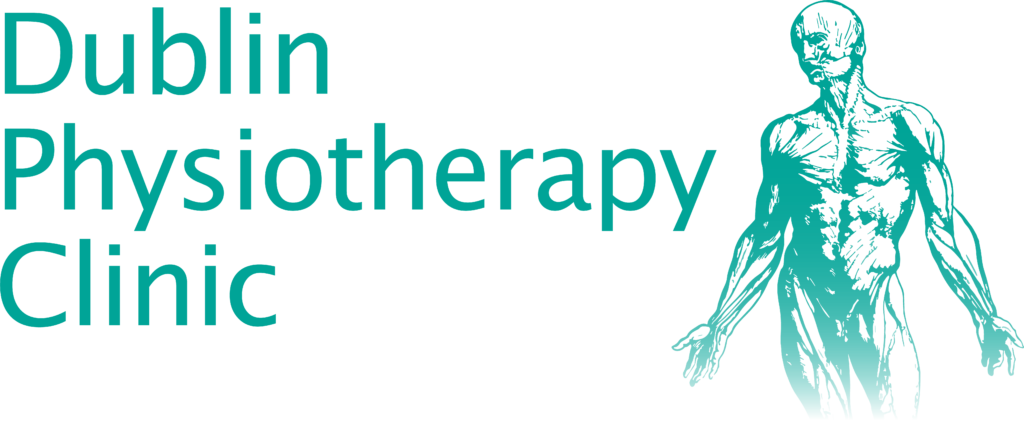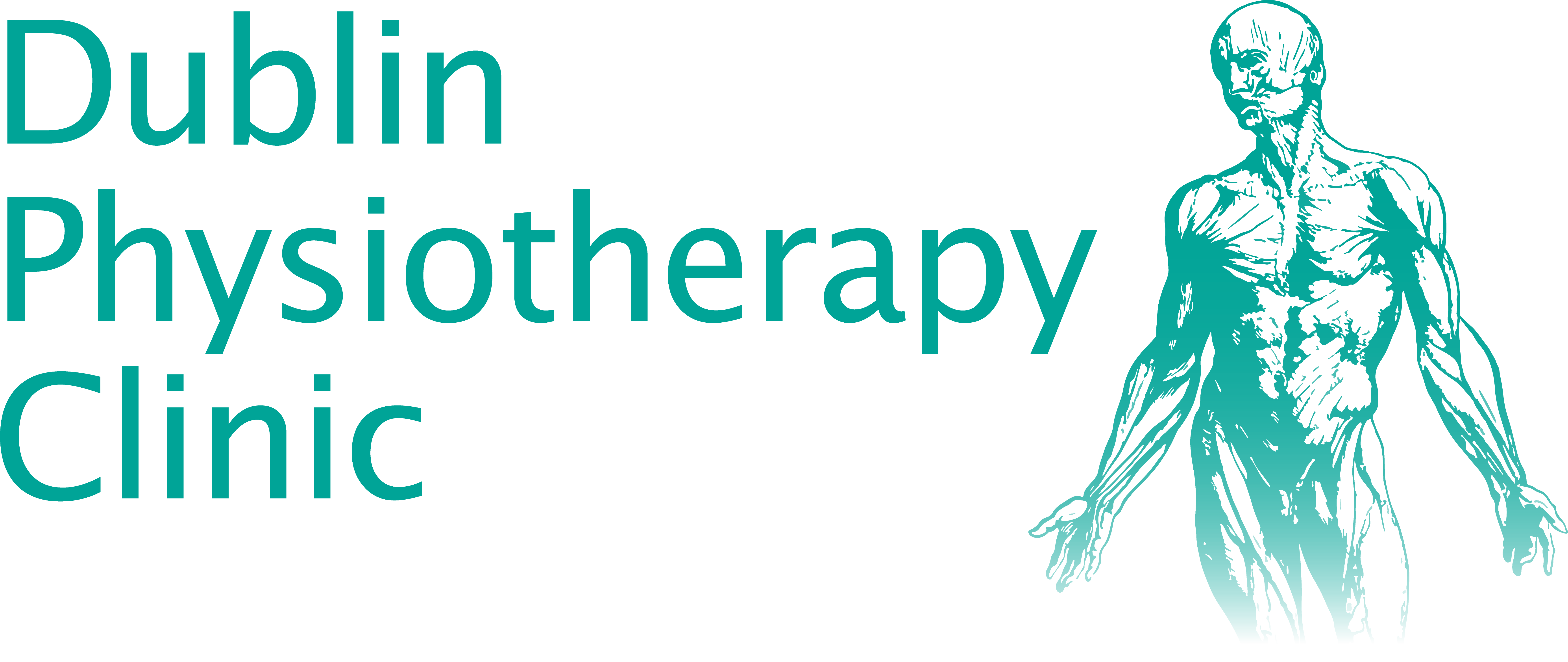Wellness..
in the context of health care means maintaining or regaining optimal function of our body and mind and striving to reduce the risk of disease. The concept of wellness can be applied across many different aspects of the human body and perhaps dentistry is the most prevalent example. These days tooth extraction is seen as failure and the emphasis of dental care/ oral hygiene is preservation of oral health. What this means in practice is that the role of the dentists, dental nurse and hygienist have significantly changed in recent decades.
From a physiotherapy perspective, similar parallels apply to musculoskeletal health. Most of us are familiar with aches and pains in joints, back or neck pain, sprained ligaments or tendinitis. As physiotherapist we spend much of our day dealing with these types of problems.
What has become particularly evident both from research studies and clinical experience is that many of these musculoskeletal conditions are preventable provided appropriate measures are taken and lifestyle changes are implemented. I guess most people are aware of the positive benefits of exercise over a whole myriad of conditions such as arthritis, diabetes, cardiac rehabilitation, osteoporosis and general physical conditioning.
However, there is a lot of conflicting information regarding the appropriate corrective measures. This is where the role of Medical Exercise Therapy and physiotherapy are evolving and at Dublin physiotherapy clinic we have established a new medical exercise service with the sole purpose of providing accurate, measurable assessments of body composition which is an essential prerequisite for structuring interventional exercise programs and of course monitoring their effectiveness.
Why gym Programs Fail?
It is no coincidence that 80% of new year gym members fall by the wayside come mid-February. This is such a predictable state of affairs it’s not funny. One of the major reasons for this is a lack of specific measurement, a lack of specific exercise structure to achieve milestones and unfortunately often inappropriate exercise/ intensity. We also see many cases where medical conditions can limit the choice of exercise used in gym’s and areas get worked around. Whilst this is necessary in some cases more often than not the specific solution is to target the vulnerable area with very specific structured exercise prescription to bring it up to speed.
Below is a list of the elements of our Medical Exercise Service. Not everybody needs every component but it gives a good overview of what’s involved.
Medical Exercise Services at Dublin Physiotherapy Clinic
Kevin O’Connor MISCP CSCS Chartered Physiotherapist, Sport & Exercise Scientist, Certified Strength & Conditioning Specialist is leading this new service at Dublin Physiotherapy Clinic.
Health-related Physical Fitness Screening (services include)
Musculoskeletal Screening
Muscular strength
Flexibility
Joint Mobility
Balance
Gait Assessment
Body Composition Analysis
Body Fat %
Visceral Fat Rating
Body Water %
Muscle Mass
Body Mass Index (BMI)
Resting Metabolic Rate
Metabolic Age
Cardiorespiratory Fitness Testing
Cardiorespiratory fitness (CRF) reflects the functional capabilities of the heart, lungs and muscles relative to the demands of specific exercise
The results from CRF tests are used to determine specific intensities for cardiovascular exercises in a fitness or weight loss programme
• Medical Exercise Programmes for Health-related Physical Fitness
Individualised exercise programmes designed to maximize benefit with the fewest risks of aggravating health or physical condition
Protocols establishing realistic goals and safe and effective programmes that address client-specific needs
‘What if there was one prescription that could prevent and treat dozens of diseases, such as diabetes, hypertension and obesity? Would you prescribe it to your patients? Certainly’
Get Active for Your Health!
Physical inactivity is a fast-growing public health problem & contributes to a variety of chronic diseases & health complications, including obesity, diabetes & cancer• In addition to improving a patient’s overall health, increasing physical activity has proven effective in the treatment & prevention of chronic diseases.
Why choose exercise as your medicine?
Physical inactivity is the fourth leading risk factor for all global deaths (World Health Organization), & contributes to a variety of chronic diseases & health complications, including obesity, heart disease, diabetes, hypertension, cancer, depression and anxiety, arthritis, & osteoporosis.
In a 2012 report by The International Association for the Study of Obesity it emerged that one in four (25.8%) adult males & one in five (21.3%) adult females in Ireland was clinically obese
The benefits of regular physical activity:
• Can reduce the risk of heart disease by 40%
• Can reduce the risk of stroke by 27%
• Can reduce the incidence of diabetes by almost 50%
• Can reduce the incidence of high blood pressure by almost 50%
• Can reduce mortality & the risk of recurrent breast cancer by almost 50%
• Can reduce the risk of colon cancer by more than 60%
• Can reduce the risk of developing Alzheimer’s disease by one-third
The evidence is clear. All it requires is the commitment in the knowledge that you are in expert hands.
Call us on 01 8820174 to book an appointment or get more details.
David





